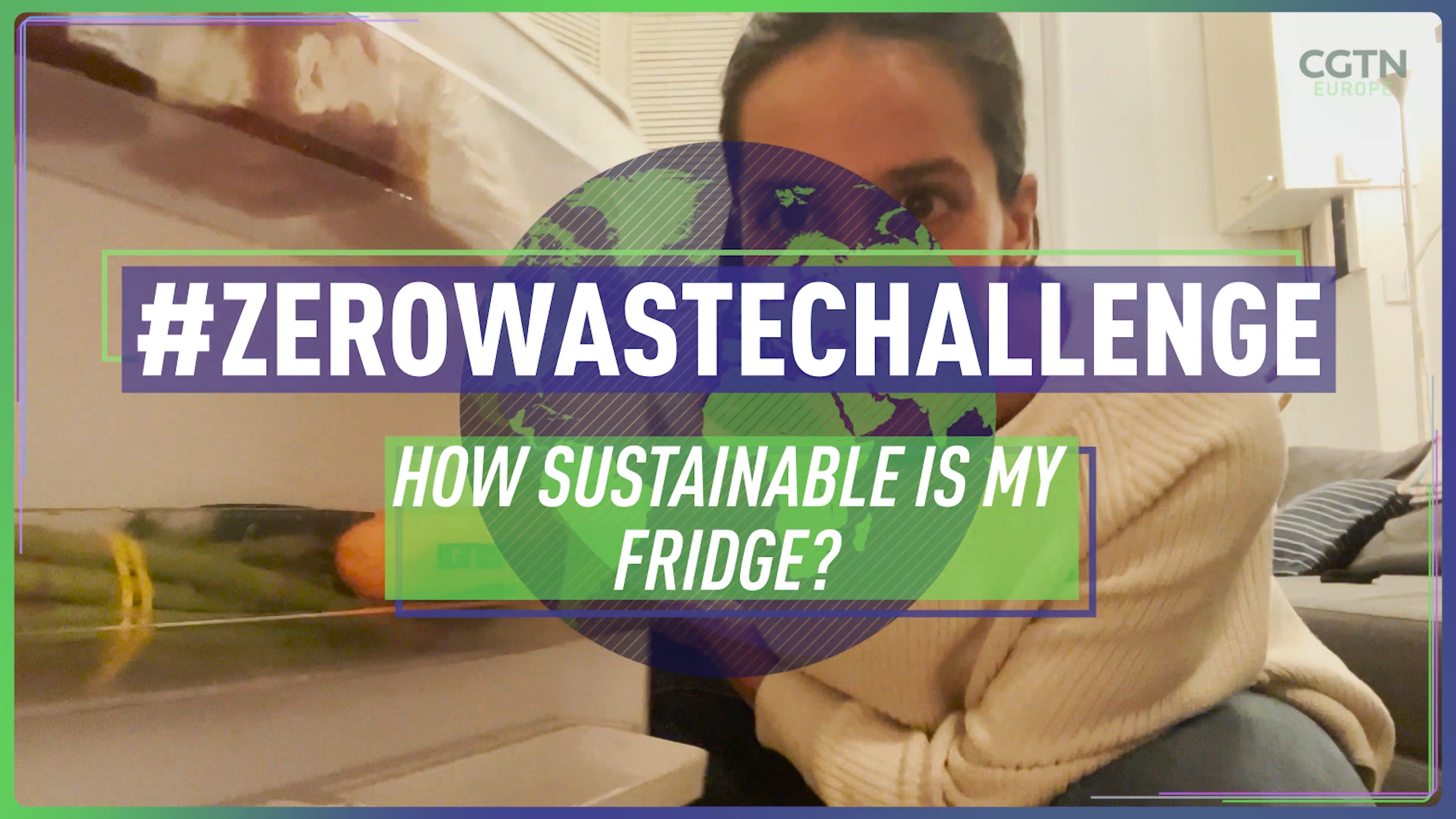According to a 2021 UN report, humans are wasting almost a billion tonnes of food globally each year, or 74 kilograms per person. Such a total has surprised and worried even the experts who habitually look into the problem.
Helen White, a special adviser on household food waste for the UK charity WRAP (Waste and Resources Action Programme), which partnered with the United Nations Environment Programme to write the Food Index Report, told CGTN that "Previously food waste had been a problem for developed countries, it was a 'rich problem,' and actually the reporters found it everywhere they looked."
04:58

Food waste is also a key contributor to climate change. Not only does it waste all the energy used to transport, store, process and cook the food, but also landfill emissions from decaying food are a growing problem.
The U.S. Environmental Protection Agency says that food is the single largest component taking up space in U.S. landfill. If food waste was a country, it would be the world's third largest greenhouse gas emitter.
In this section of CGTN's #ZeroWasteChallenge, we asked our four volunteers from four continents to tell us about the food culture where they are – and the answers were fascinating...
As an Italian living in London, Francesca Della Penna is well-placed to speak on two European food cultures.
"Italian culture is less about eating out than eating in your house with your family, especially in my region and in smaller cities," she says. "You'd only go out because there is an occasion or something to celebrate.
"But here I've noticed that it's really common to go out for lunch and dinner, rather than cooking. It's so easy to end up in a restaurant, there's everything you want – Chinese, Japanese, Spanish, Greek, pub food. In London I could go out for days without even thinking about my food shopping at home."
That would upset her mother, who gave Francesca some excellent advice: "My mother would say 'the first thing you need to learn is how to cook because if you know how to cook, you know how to survive.' I learned more when I left Italy because I needed to eat at the standards I used to have when I was there, so as not to miss Italy too much. Plus, my diagnosis as a celiac person completely changed my life."
While working in a London restaurant, Francesca found the food waste hard to stomach – but invented a clever way around it. "It was shocking because a lot of food that wasn't perfect to serve or good-looking would be thrown out – there would be six, seven or 10 pizzas under the counter, to be thrown away at the end of the night.
"But on our way home, me and the pizza chef would give them away to homeless people. We became quite popular because we were doing this at midnight, and then people were looking for us and asking 'What do you have tonight?’"
This story is part of CGTN's #ZeroWasteChallenge as four people on four continents reveal how sustainable their country's culture is.

